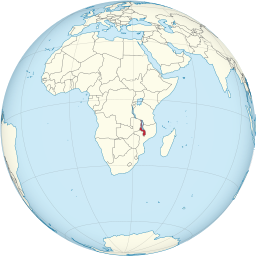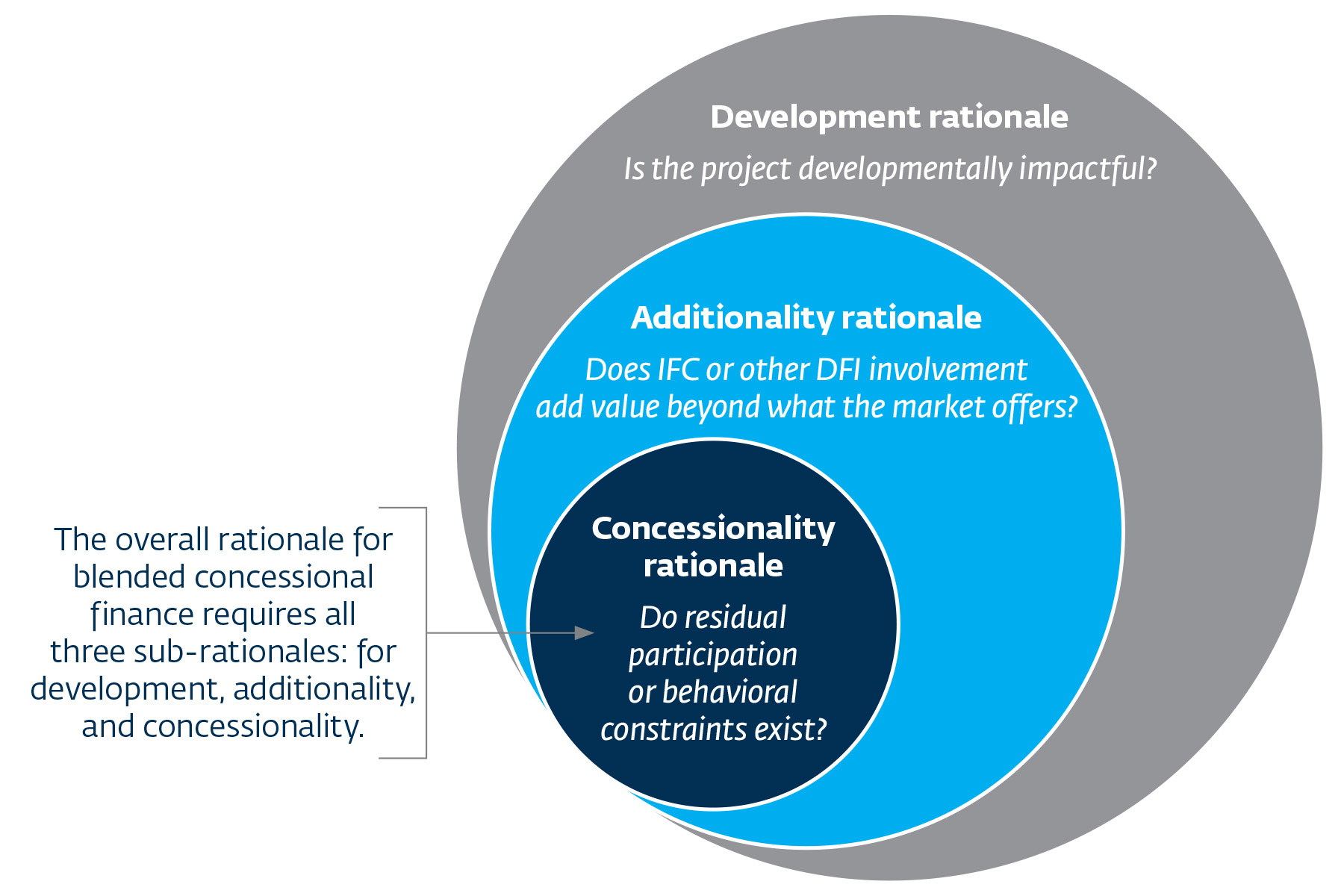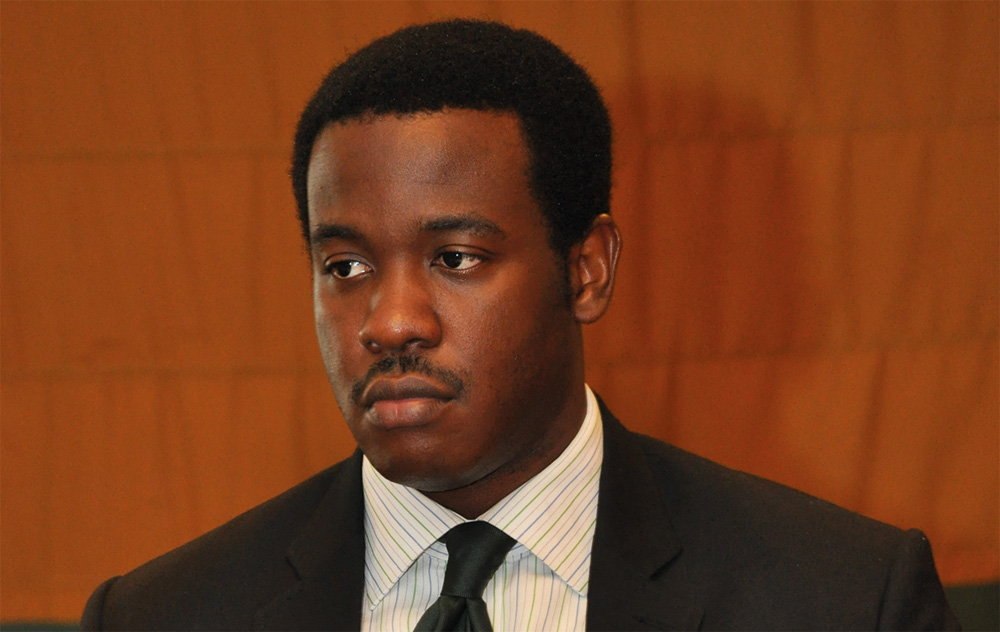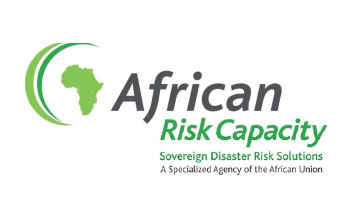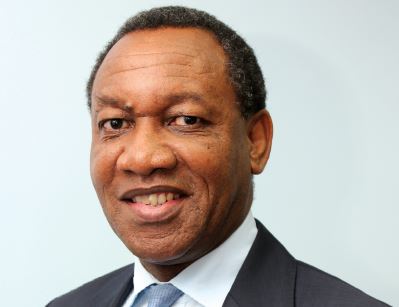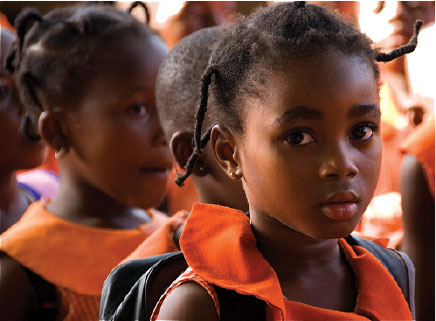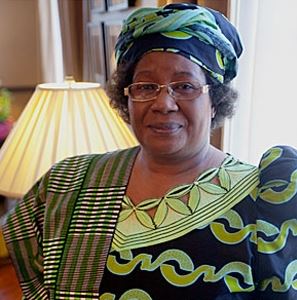[vc_row][vc_column width=”1/2″][vc_column_text]
Malawi
Malawi was the 145th largest economy in the world by nominal GDP in 2018. Its GDP per capita was $389 USD making it one of the least developed countries in the world. Poverty was over 50 percent in 2017. The population was 17.5m in 2018 and is expected to double by 2038. It is a landlocked country bordering Tanzania, Zambia, and Mozambique. It was ranked 125th in the World Bank's Human Capital Index and 94th in the Economic Complexity Index in 2017. It is a member of the African Union. Services was the largest economic sector in 2017 (52.4 percent of GDP), followed by agriculture (26 percent), and manufacturing (9.4 percent). In 2017, the largest export sectors were agriculture (82 percent) and services (11.2 percent). The largest individual exports were unmanufactured tobacco (56.2 percent), tea (7.5 percent), solid soybean residues (4.62 percent), and ICT services (4.56 percent). Its largest export partners were Belgium (17.3 percent), Germany (9.24 percent), Tanzania (6.32 percent), Russia (5.76 percent), and the USA (5.65 percent). The largest goods imports were packaged medicaments (6.63 percent). In the fifteenth century, Bantu tribes unified and formed the Maravi Confederacy, which included large parts of modern day Malawi, Zambia, and Mozambique. It lost its influence in the eighteenth century after attacks by Yao tribesman and the growth of the slave trade with the Europeans. In 1891, the area became a British protectorate after lobbying by the British explorer and missionary David Livingstone The British wanted to stop the slave trade and limit Portuguese influence. At this time, tea, coffee, and commercial tobacco were introduced. By 1913, Nyasaland (as Malawi was then called) was the largest tobacco producer outside the US. In 1954, Nyasaland and Northern Rhodesia (Zambia) were placed into a federation with Southern Rhodesia (Zimbabwe). Zimbabwe already had self-rule. In 1963, the federation was dissolved and Malawi became independent in 1964. The economy grew strongly during the 1960s and 1970s as it pursued a strategy based on agricultural exports and domestic and foreign investment. But in the early 1980s, droughts, declining terms of trade, and the civil war in Mozambique led to slow growth and high public debt. This slow growth and debt continued into the 1990s with real GDP annual growth averaging 1.6 percent between 1980 and 1994. The start of multi-party elections in 1994 and structural economic reforms and liberalisation in the 1990s has seen the economy improve in the 2000s, but a rapidly growing population and high poverty remain concerns. Tobacco remains the key to short-term growth but the country is also pursuing diversification with Vision2020 and the Malawi Growth and Development Strategies.
[/vc_column_text][vc_column_text] Its population in 2018 was 19,164,728 [1]
Its population in 2018 was 19,164,728 [1]
 In 2015, 83.65% of its total energy
In 2015, 83.65% of its total energy
consumption was renewable [2]
 In 2021, its GDP grew by 2.75% [2]
In 2021, its GDP grew by 2.75% [2]
 In 2021 it had a negative Current
In 2021 it had a negative Current
Account Balance of US$bn 1.77 [3]
What free trade areas or economic unions is it a member of?
None
[/vc_column_text][vc_column_text]What trade deals are there with other countries and economic unions?
Common Market for Eastern and Southern Africa (from 08/12/1994)
Southern African Development Community (from 01/09/2000)
[/vc_column_text][/vc_column][vc_column width=”1/2″][vc_column_text]IFC’s Blended Finance Department: Blending Public and Private Finance to Invest in Challenging Markets
PwC: Nigerian Report on Ease of Doing Business
African Risk Capacity (ARC): Towards Resilience – Africa Takes Disaster Management Into Its Own Hands
CFI.co Meets the Group CEO of FDH Financial Holdings Limited: Dr Thomson F Mpinganjira
World Bank Group: “Customer is King” – Toward More Effective Development?
Joyce Banda: Showing Solidarity with the People of Malawi
African Union Summit Now to Take Place in Ethiopia
Trade with the United Kingdom
Source: UK Office for National Statistics, October 2022.
Contains public sector information licensed under the Open Government Licence v3.0.
Loading, Please Wait!
This may take a second or two.















































































